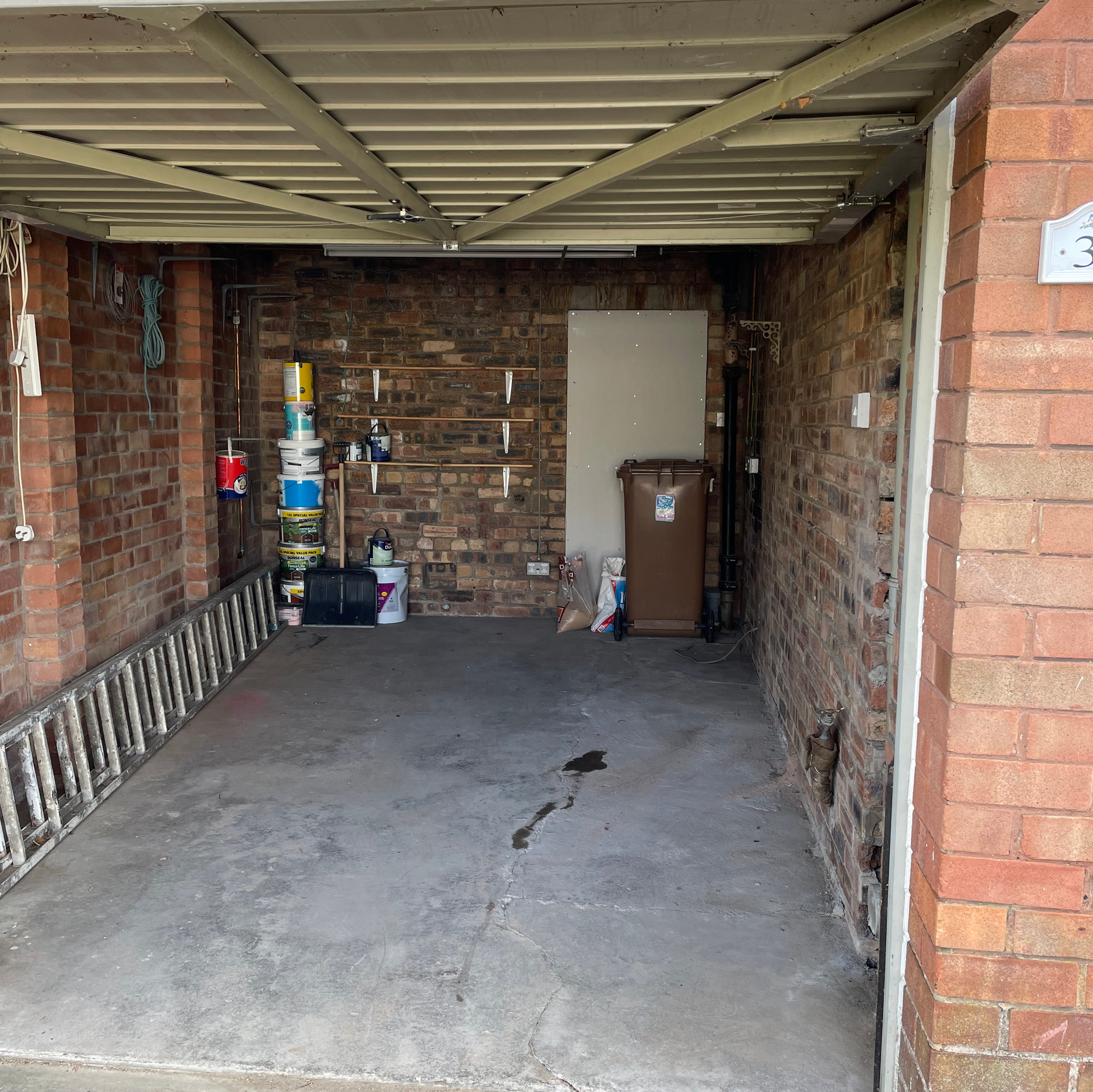The Scottish Probate Problem giving everyone a headache
7 minute read
The process of wrapping up someone’s financial, legal and tax affairs after they die is a total mess. It usually involves managing the flow of information between many different organisations in the public and private sectors, each with their own way of doing things.
In Scotland, what makes this process even worse is when confirmation (Scottish probate) is required.
Confirmation refers to the process of getting the court’s seal of approval of who the executors of the estate are. Around 50% of deaths in Scotland require confirmation, and this number is set to rise over the coming decades.
The current process is arcane and ambiguous, leaving grieving families with little other choice than hiring expensive legal help.
We are proposing that the Scottish Government leads the way in transforming the entire estate administration process . The Government needs to bring the various organisations and industries together to streamline the process and remove the ridiculous and unacceptable burden put on grieving families.
Fundamentally, we believe that families should not have to potentially pay thousands of pounds and wait years to sort out an estate, taking an already extremely difficult situation to a whole new level. The process is deeply flawed and in desperate need of a complete overhaul.
While it would be a big help to improve things in one or two specific areas, we believe the only way to really solve this problem is to have buy-in across all the various stakeholders involved, both in the public and private sectors.
The main problem areas
Below we have outlined the main problem areas that need to be addressed. Solving these problems would make a huge difference to families who are often going through one of the toughest times in their lives. We have recommended a solution for each problem, but the solution will need to be found with all the stakeholders around the table.
Problem 1: A fragmented process
When closing down someone’s financial, legal, and tax affairs after they’ve died, there are often many different organisations and government departments involved.
This means that the person responsible for dealing with the process (an executor) will need to deal with completely different processes and procedures, often acting as the intermediary passing information from one place to another.
All these departments and businesses operate totally independently of each other, meaning there is no coordination, leaving the executor with a big pile of admin and bureaucracy to work through and make sense of.
This is why lawyers still deal with the majority of the process. It’s not because people want to use their services, it’s because they often have to - the process is too messy and convoluted.
Recommendation 1 : Set up some kind of government commission to oversee and facilitate a multi-stakeholder review of the entire process and find a way for different organisations to communicate with each other without relying on the executor to do all the leg work.
Problem 2: Applying for Confirmation
The confirmation application process itself is one area where Scotland really lags behind.
The probate process was digitised in England and Wales a few years ago, allowing executors to apply online and not have to worry about producing the correct legal language and pedantic formatting like in the Scottish process.
The Scottish Court Service has realised that their process needs updated but there is no date set to even begin the consultation process, meaning a solution is still years away.
Recommendation 2 : As part of the review process outlined in recommendation 1, a confirmation/probate process is needed that an executor can complete without specialist knowledge. There also needs to be a trusted way that companies can access the document online to avoid the need to post a hard copy to them.
Problem 3: Financial organisations’ death procedures
Each financial organisation has its own rules and procedures for dealing with a deceased person’s assets. This means companies are not getting the benefit of shared knowledge of how to do this, so often the processes aren't well thought out and staff aren't prioritised in being trained how to deal with this.
It can take just one organisation being difficult to completely derail the process, sometimes adding long delays and huge amounts of stress to the process. And remember, this is all while a person could be dealing with an inordinate amount of grief and pain after the loss of a close family member. This extra stress can be the catalyst to severe mental health problems.
Fortunately, some bigger companies are waking up to this problem. There is a campaign for a bereavement standard led by the lovely people at Settld. You can sign their petition to make it easier to close accounts .
Recommendation 3 : With respect to recommendation 1, develop a common bereavement standard for all organisations over a certain size to implement.
Problem 4: Death certificates
The National Records of Scotland are responsible for death certificates. All deaths must be registered in Scotland within 8 days of the death. Currently this means that someone (usually a grieving family member) must take a medical certificate produced by a doctor to a council run registration service.
One of the silver linings from Covid-19 is that this process can now be done remotely with medical certificates being sent directly to the council in most cases. Most councils also help executors to use the ‘Tell Us Once’ service which notifies multiple government departments of the death at the same time.
The problem is that often companies will only accept an official paper death certificate. This means an executor has to post a death certificate to multiple different places.
Recommendation 4 : Similar to recommendation 2, there needs to be a trusted way that companies can access a trusted version of the death certificate online to avoid the need to post a hard copy to them. This is a perfect example of why the process needs to be looked at as a whole, rather than by individual government bodies/departments. The same solution could be used by the Scottish Court Service and the Registers of Scotland to save on costs.
Problem 5: Changing property titles
Property ownership is extremely common these days, especially in the generations that will be dying over the coming decades. Currently, a solicitor has to be involved in the transfer of a property after someone dies.
This is not the case in England and Wales. After obtaining probate, executors can request a change in the name on the title deed directly with HM Land Registry, thus saving time and hundreds (if not thousands) of pounds in legal fees.
Recommendation 5 : Implement a similar system to HM Land Registry so executors don’t need a lawyer to change the name on a title deed when the owner dies. (This is another area that the National Records of Scotland are responsible for.)
Problem 6: The name
In Scotland we have a different word to the rest of the English speaking world. Here, probate is called ‘confirmation’, or ‘confirmation of executors’, or ‘grant of confirmation’.
With most financial institutions that people have accounts with in Scotland being based in England, having a different word adds unnecessary confusion to an already complex process.
Confirmation can also be confused with the Catholic sacrament (check out the google image search results for ‘certificate of confirmation’).
Recommendation 6 : Rename the process in Scotland to ‘probate’ to bring it in line with the rest of the English speaking world and reduce unnecessary confusion.
The end of our company
Our vision is to remove the complexity and stress from the administration process that arises after a death - to the point where companies like ours no longer need to exist.
Since 2018 we have been trying to find the best way to help grieving families deal with the administrative burden of dealing with an estate.
What we have come to realise is that no matter what we do, without wholesale change, the process will remain unnecessarily stressful and complicated.
The only people who have enough insight to speak for the process as a whole are the very ones that would be out of the job if it was fixed, which is why nobody has spoken out about it.
Although we have created something that helps executors tremendously (see our Trustpilot reviews), what we are proposing in this article would put us out of business.
But we, or any company like us, shouldn't exist in the first place.
We created this company to bring clarity to a process we recognised as causing a lot of stress to the people going through it.
It's a choice to keep this process as complex as it is, though. It doesn't have to be this way. We can all work together to create something better - something that doesn't add to the pain of dealing with death.
That's why we're calling on the Scottish Government to take the lead on fixing the Scottish probate problem.
Dealing with death isn't a niche issue, it will affect us all at some point in our lives. If our government exists to serve and improve the lives of the public, then improving the process of dealing with life's only inevitability needs to be a priority.
If you liked this content, please take a moment to share it and help us spread the message. You may even want to consider writing to your local MSP and linking this content.




